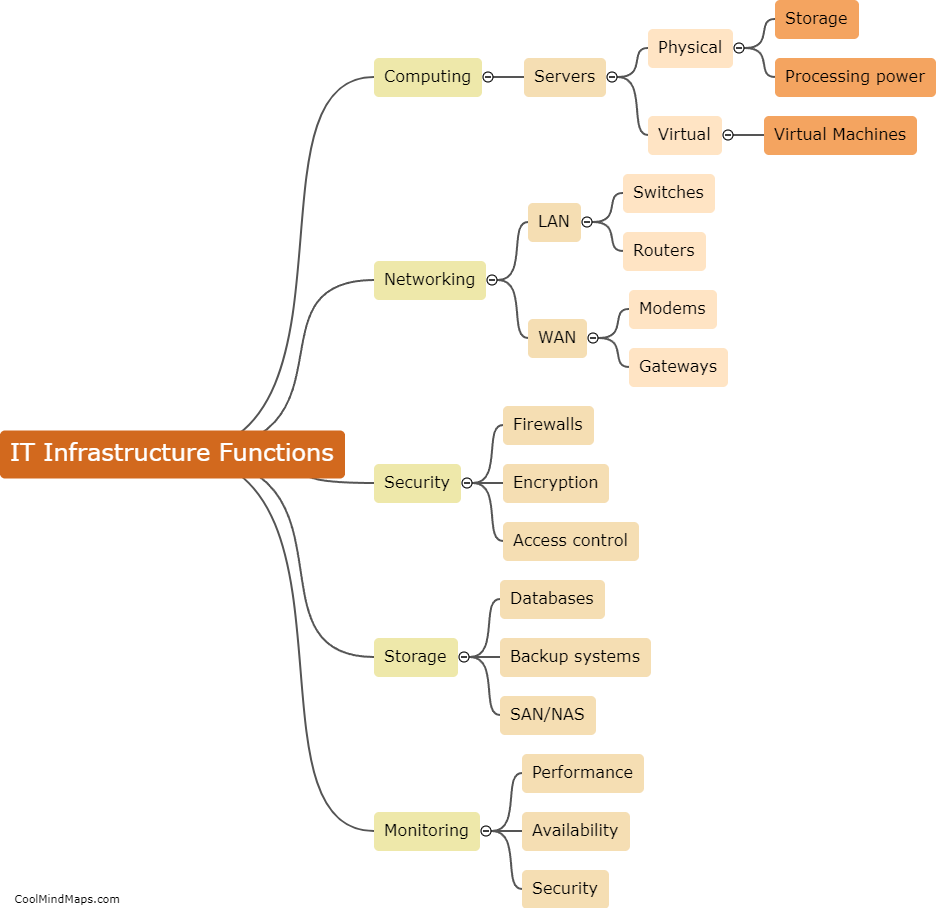Are all orgasm sensations caused by neurotransmitters?
The sensation of an orgasm is a complex event that involves several physiological and psychological processes. While neurotransmitters do play a significant role in the experience, they are not the only factor responsible for orgasm sensations. Neurotransmitters like dopamine, oxytocin, and serotonin are involved in activating pleasure centers in the brain, triggering the release of heightened sensations during orgasm. However, hormones like testosterone and estrogen also contribute to sexual arousal and intensity of orgasm. Additionally, the engagement of other bodily systems, such as the cardiovascular and muscular systems, further enhance the orgasmic experience. Therefore, while neurotransmitters are vital in the process, the sensation of orgasm is a multi-faceted phenomenon involving various physiological and psychological factors. So, it would be incorrect to attribute all orgasm sensations solely to neurotransmitters.

This mind map was published on 5 December 2023 and has been viewed 49 times.











